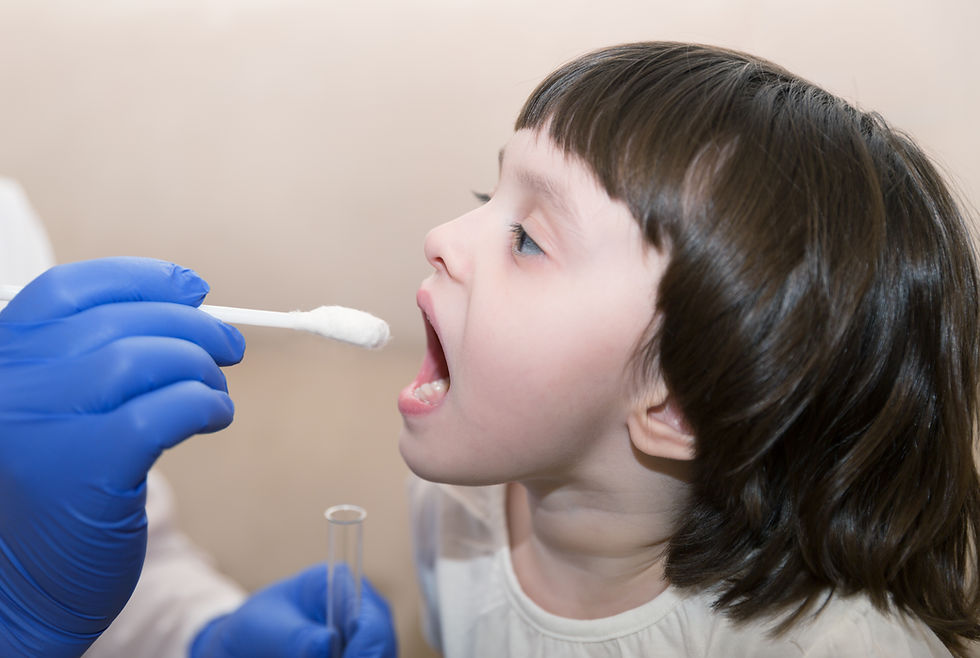This saliva test could save millions
- Joan Ubide

- Feb 19, 2024
- 1 min read
Updated: May 15, 2024

Scientists from the University of Florida and National Yang Ming Chiao Tung University in Taiwan have made a breakthrough in breast cancer detection with a new hand-held device that tests saliva and delivers results in under five seconds. This development could revolutionize cancer screening by providing a quick, cost-effective alternative to traditional methods like mammograms and MRIs, which are more expensive and less accessible in many parts of the world.

Costing around five dollars to produce, and using test strips that are only a few cents each, the device is both affordable and efficient. It operates using biosensors on paper test strips treated with antibodies. When saliva is applied, electrical pulses trigger a reaction if cancer biomarkers are present, changing the electrical signal in a way that can be measured to indicate the presence of biomarkers at extremely low concentrations.
This technology is particularly promising for remote or underserved areas, offering a viable option for early detection where medical infrastructure is lacking. The device's high sensitivity, capable of detecting biomarkers at concentrations as low as one femtogram per milliliter, combined with its rapid processing time, sets a new standard for cancer screening.
By aligning with Sustainable Development Goal (SDG) 9, to build resilient infrastructure and foster innovation, this saliva-based test underscores the power of scientific innovation to address global health challenges. The device's potential for widespread use in community settings and hospitals, especially in developing countries, highlights a significant step forward in making breast cancer screening more accessible and efficient worldwide.
More information and images rights: https://pubs.aip.org/avs/jvb/article/42/2/023202/3262988/High-sensitivity-saliva-based-biosensor-in
Youtube credits: https://www.youtube.com/@rtvenoticias



